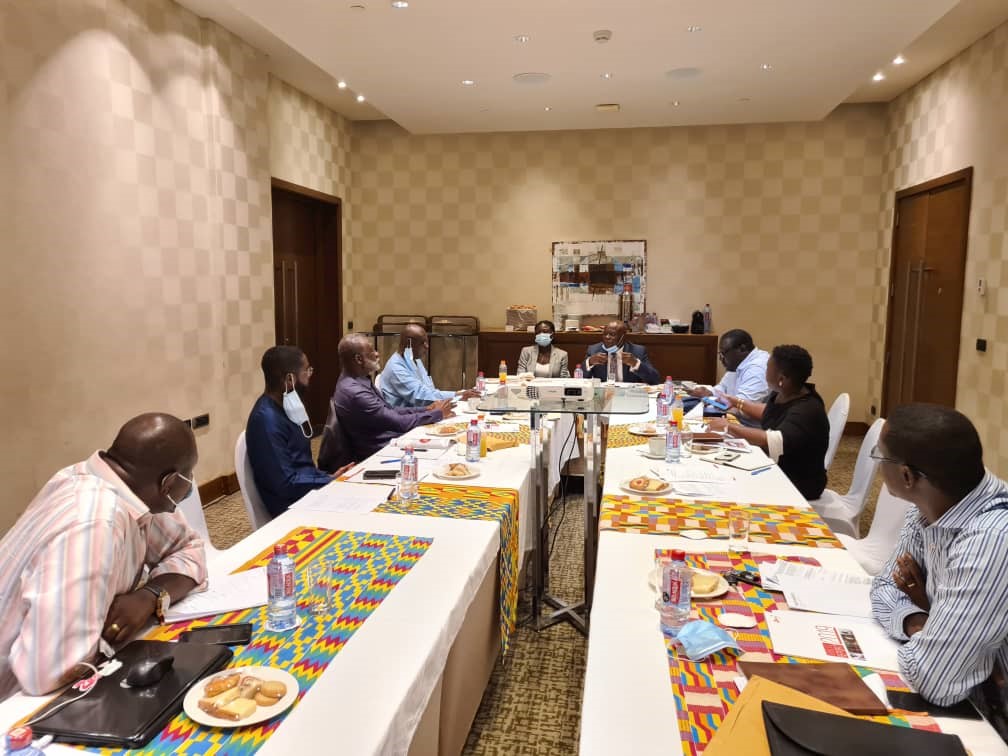… as fourth Annual General Meeting held
In the face of rising cyber security breaches as a result of increased adoption of digital finance platforms, especially spurred on by the ongoing pandemic, Zeepay, a leading fintech in the country, has said it is well positioned to deal with current threats and is future-proofing against potential attacks by expanding its technical and human infrastructure.
Zeepay’s board chairman, Kwasi Yankey, speaking to the B&FT at the company’s 4th Annual General Meeting (AGM), said: “We perform checks on a daily basis as we see threats regularly but we are able to nip them in the bud,” he said.
Mr. Yankey, the experienced business leader, added that “whenever we see any threats, we immediately report to the relevant authorities. We are making significant investments in relevant ICT tools to give us the edge over nefarious individuals.”
With under-qualified and compromised staff being responsible for many such breaches, he stated that Zeepay’s investment in cyber security extends to appropriate background checks and training of employees to constantly stay abreast with trends by cyber fraudsters.
A report by vulnerability intelligence and breach data rating firm, Risk Based Security, suggests that globally, in the first three quarters of 2019 there were 7.9 billion data records exposed, representing a 112% rise in the figures for the same period in 2018. The 2020 Mid-Year Data Breach QuickView Report by the same firm revealed that there have been 27 billion data records put at risk, with the annual cost of global cybercrime is expected to reach US$6 trillion by 2021.
Again, a report published in 2019 by IT services and consulting firm Serianu estimated the loss to African businesses from cybercrime at US$3.5billion, up from US$2billion 2018. Meanwhile, more than 95% of public and private organisations across the continent were revealed to have spent less than US$1,500 a year on cyber security measures, with SMEs in particular failing to invest.
Closer home, whilst there have scarcely been any high-profile incidents of cyber security breaches, the Banking Industry Fraud report published by the Bank of Ghana (BoG) revealed an increase in cases of fraud reported had increased by 5.5% in 2019, valued at approximately GH¢115 million.
The subject has thus been at the forefront of public discussions particularly as the National Cyber Security Center (NCSC) has earmarked October for cyber security awareness.
Mr. Yankey commended the Bank of Ghana’s (BoG) transformation and effectiveness in formulating and enforcing policies that seek to counter the twin menaces of cyberattacks and money laundering. Similar praise was reserved for the government’s digitisation agenda as he believes that the groundwork for complete financial inclusion propelled by financial technology has been laid.
“What we see with making the Tax Identification Number (TIN) mandatory for many transactions, the use of the Ghana Post digital system… I think these measures will catapult the country to a different realm altogether and all those who are financially excluded will be catered for,” he said.
Performance
For the year ended December 31, 2019, Zeepay, he said successfully set up in 23 countries with the business in Ghana scaling up tremendously. “We ended the year with over 30 partners across the world, processing over 630,000 transactions for the full year at a total processed volume of GH¢431,934,148,” read part of the letter from the Managing Director, Andrew Takyi-Appiah I, to stakeholders.

Gross profit margin for the year 2019 was 88% as opposed to 82% in 2018 while Earnings Before Interest and Taxes (EBIT) stood at 28% in 2019 from 46% in 2018. Also, Total Cost to Income Ratio was up from 78% in 2018 to 87% in 2019 and Return on Equity (ROE) was 74% for 2018 versus 52% for 2019. The directors did not recommend the payment of dividend for the year ended 31 December, 2019.
Mr. Yankey added that the company is on course to achieve its target for 2020, of processing a minimum of 5% of total remittance inflows into the country valued in excess of US$300 million.










